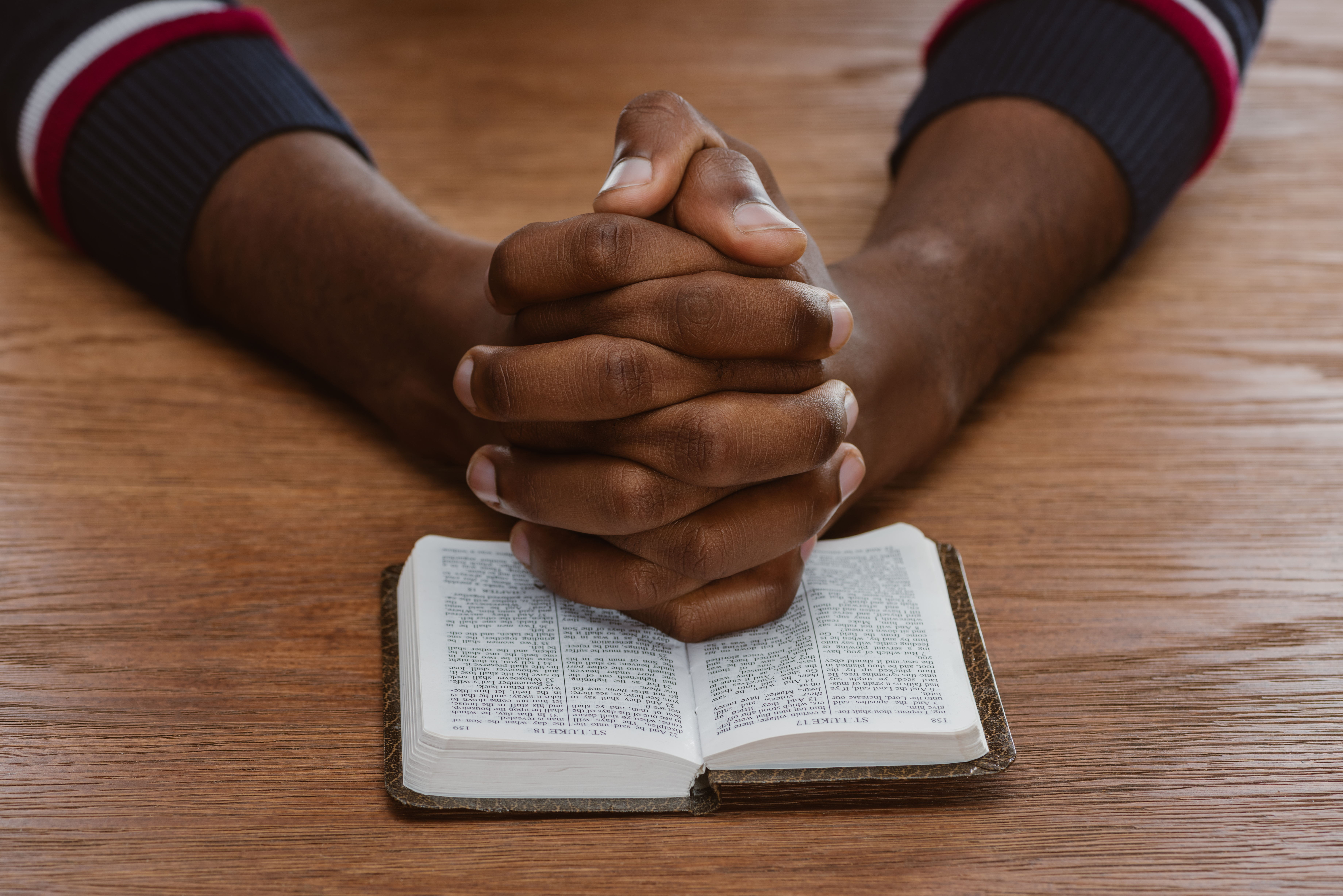I grew up in a church that presented a European Jesus that seemed steeped in tribalism and moralism while ignoring the cultural concerns I faced as an African American in the inner city. So at 13, I rejected the church and chose not to be part of what I believed was a “white man’s religion.”
But I was rejecting a cultural Jesus, not a biblical one. Thankfully, the real Christ redeemed my rebellious heart at 19 years old and saved me. Now, as a pastor in Detroit, a major misconception I routinely encounter from African Americans is their belief that Christianity is a “white man’s religion.”
What they believe is that it possesses European origins designed to keep non-white people spiritually and personally oppressed by its tenets. As Dr. Ernest Cleo Grant ll mentions in his article, “You’ve probably heard the rhetoric: blacks only became Christians through the violent coercion of their masters who used the religion as a means of control.” But this doesn’t line up with the biblical narrative or church history. It’s clear to every Bible reader that church history has its roots in various countries, including Asia and Africa.It's clear to every Bible reader that church history has its roots in various countries, including Asia and Africa. Condividi il Tweet
Gospel roots were planted in Africa at the very conception of Christ’s church. After being beaten for hours, Jesus was aided by a man from Northern Africa named Simon of Cyrene (Mark 15:21), and we know there were people from Egypt and Cyrene present when the Holy Spirit fell at Pentecost (Acts 2). It’s assumed these African men and women responded in faith to the gospel and carried the message back home because later in Acts, we see people of African descent believing the gospel and even stepping into church leadership (Acts 8; 9).
Exposing the fallacy that Christianity is a “white man’s religion” is mission-critical in communities like mine in inner-city Detroit because black and brown people are turning from Jesus and embracing false beliefs. Here are three examples from church history that prove how Jesus has been working in and through people of all nations, which includes people of African descent.
Athanasius of Alexandria
Athanasius was a theologian, ecclesiastical statesman, deacon, and chief defender of Christian orthodoxy. Born in 293, Athanasius was labeled “Black Dwarf” and exiled five times by four Roman emperors due to his staunch commitment to biblical orthodoxy. He was the bishop of Alexandria for 45 years and spent 17 of those in exile. Known for confronting Arianism, a doctrine denying Christ’s deity, he was instrumental in creating the Nicene Creed. Athanasius is considered a father of the apologetic ministry.Like Athanasius fighting off heresy and contending for sound doctrine, we can't be passive as we plant and pastor churches. Condividi il Tweet
In all cultural contexts, apologetics is needed, and this is painstakingly true for the inner city, where many false messiahs and cults are thriving. Apologetics goes hand in hand with advancing the gospel in my city. Like Athanasius fighting off heresy and contending for sound doctrine, we can’t be passive as we plant and pastor churches. We must proactively learn the oppositions, alternative identities, idols, and false ideologies of the people in our communities to address them with the gospel effectively.
Bishop Richard Allen
“The plain and simple gospel suits best for any people.” This is a quote from one of my heroes, Richard Allen. He was born into slavery, presumably in Philadelphia, Pennsylvania, on February 14, 1760. Allen was a leader of the Underground Railroad, church planter, and writer. He and his companion Absalom Jones staged the first sit-in by blacks on American soil in 1787 at St. George United Methodist Church in Philadelphia. They prayed in the “white only” section of the church and refused to move. After being physically removed from St. George and excommunicated, Allen and Jones later started the first African American denomination, the African Methodist Episcopal Church.
Bishop Allen served tirelessly in Philadelphia in 1793 when a yellow fever epidemic broke out. Many people, both black and white, were dying, and thousands more fled the city seeking refuge. As yellow fever enveloped Philadelphia, city officials approached Allen and asked if the black community could serve as nurses to the suffering and help bury the dead. Despite experiencing immense racism and discrimination, Allen and others extended Christlike brotherly love by serving the sick and collecting deceased bodies. Christianity is not a tribal deity for any single ethnicity to claim ownership. Christ has all authority and has always been for all nations. Condividi il Tweet
Lemuel Haynes
Lemuel Haynes, the abandoned child of an African father and a white woman of respectable ancestry, was born in 1753 in West Hartford, Connecticut. Five months after his birth, Haynes was sold into slavery until the age of 21. Armed with only a rudimentary formal education, Haynes developed a passion for books, especially the Bible and books on theology. Since childhood, he frequently conducted services at the town parish, sometimes reading his own sermons. When his indenture ended in 1774, Haynes enlisted as a “minuteman” in the local militia and fought in the American Revolutionary War.
Despite being born into slavery, Lemuel Haynes became the first ordained African American minister in 1785. He shattered the cultural restrictions of the day by becoming the first person of African descent to serve as the pastor of a white congregation, Hemlock Church of Torrington, Connecticut. Haynes was also the first black to receive an honorary master’s degree in 1804 and authored several books. His amazing story vividly displays how the gospel crosses every cultural boundary to glorify Christ.
These men represent just a glimpse of the many known and unknown black leaders of Christ’s church throughout history. Christianity is not a tribal deity for any single ethnicity to claim ownership. Christ has all authority and has always been for all nations.









